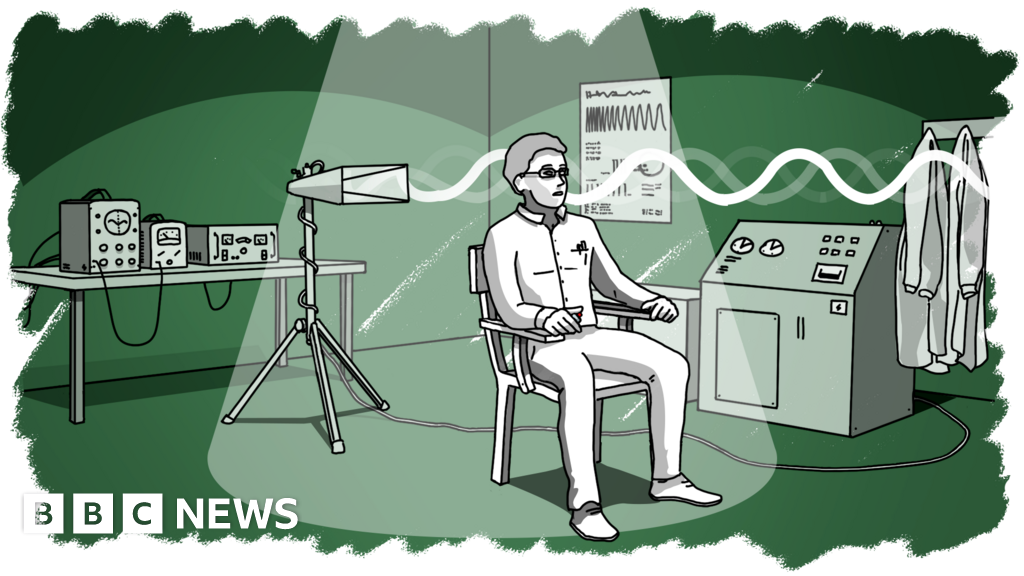- Joined
- Feb 8, 2004
- Messages
- 8,026
- Reaction score
- 4,154
Here's the question I got for you all.
We health professionals shouldn't delve into politics with our patients. The problem being is that politics has for years entered the delusional zone. Lizard people, child molestation rings being held in pizza restaurants, Jewish Space Lasers, etc.
So what are we supposed to do then? Ignore it? E.g. your patient comes in claiming there's Jewish Space Lasers and the election was stolen and there's proof cause bags of votes were found (no they weren't found but the guy keeps on it, and when you ask him to show the proof he shows you a tweet from some idiot who lives in his parents' basement).
So what do we do then? We have a professional responsibility of being honest with our patients, but we're not supposed to get into politics.
The DSM recommends we do not pathologize things within a cultural norm, but what if such things just a few years ago were outside that norm and are now pathologically within the norm?
Add to the sophistication of this problem, several delusions such as tracking ability within medical devices, medical implants, ultra-sonic or microwave guns are now becoming a reality. I've for years, at least once a year had a patient convinced someone was shooting microwaves at them, but now there is actually is proof this may have happened for real.

 www.bbc.com
www.bbc.com
We health professionals shouldn't delve into politics with our patients. The problem being is that politics has for years entered the delusional zone. Lizard people, child molestation rings being held in pizza restaurants, Jewish Space Lasers, etc.
So what are we supposed to do then? Ignore it? E.g. your patient comes in claiming there's Jewish Space Lasers and the election was stolen and there's proof cause bags of votes were found (no they weren't found but the guy keeps on it, and when you ask him to show the proof he shows you a tweet from some idiot who lives in his parents' basement).
So what do we do then? We have a professional responsibility of being honest with our patients, but we're not supposed to get into politics.
The DSM recommends we do not pathologize things within a cultural norm, but what if such things just a few years ago were outside that norm and are now pathologically within the norm?
Add to the sophistication of this problem, several delusions such as tracking ability within medical devices, medical implants, ultra-sonic or microwave guns are now becoming a reality. I've for years, at least once a year had a patient convinced someone was shooting microwaves at them, but now there is actually is proof this may have happened for real.

‘Havana syndrome ’ and the mystery of the microwaves
The BBC investigates a mystery illness dubbed "Havana syndrome" that has affected American diplomats and spies.

